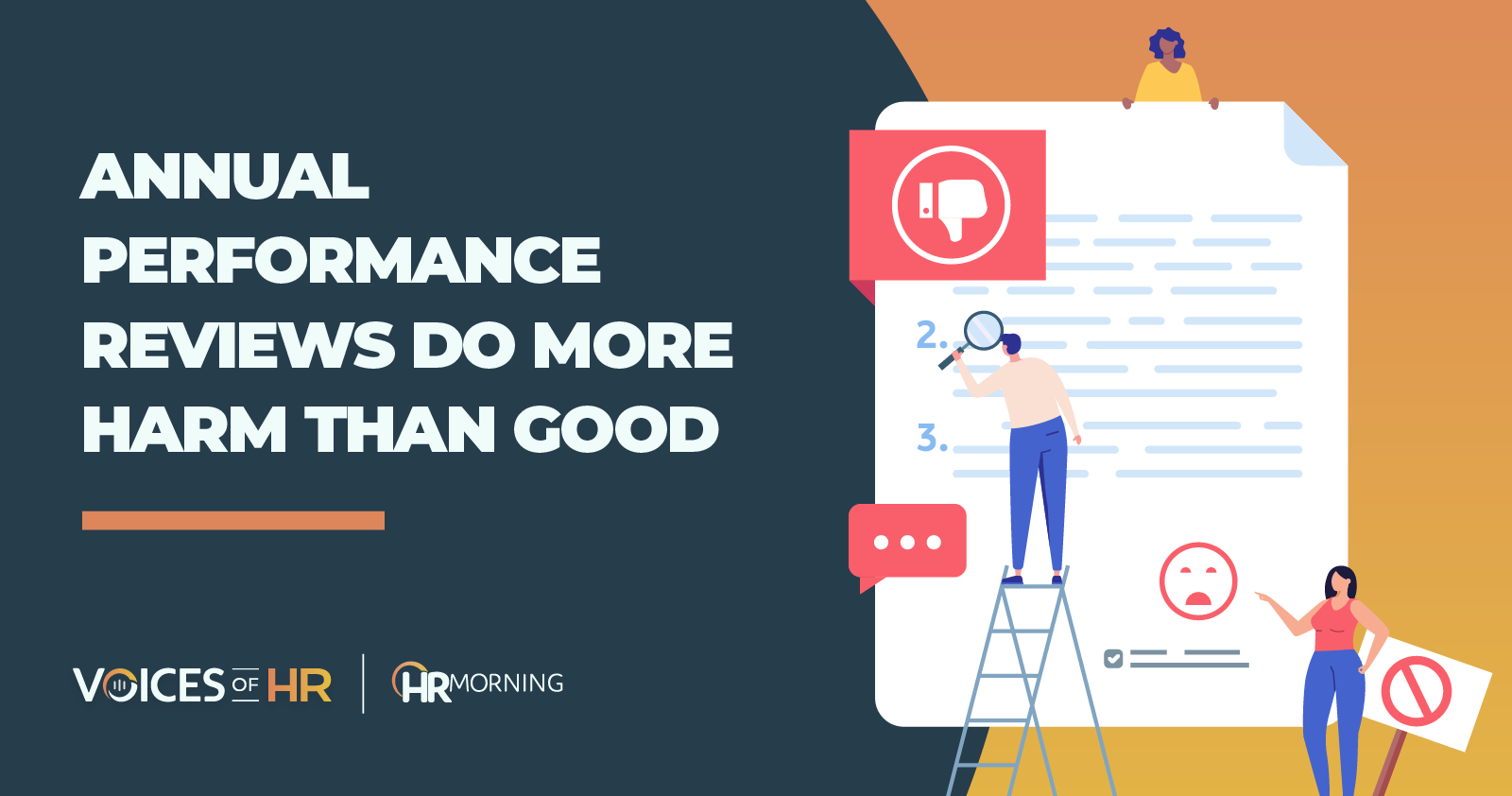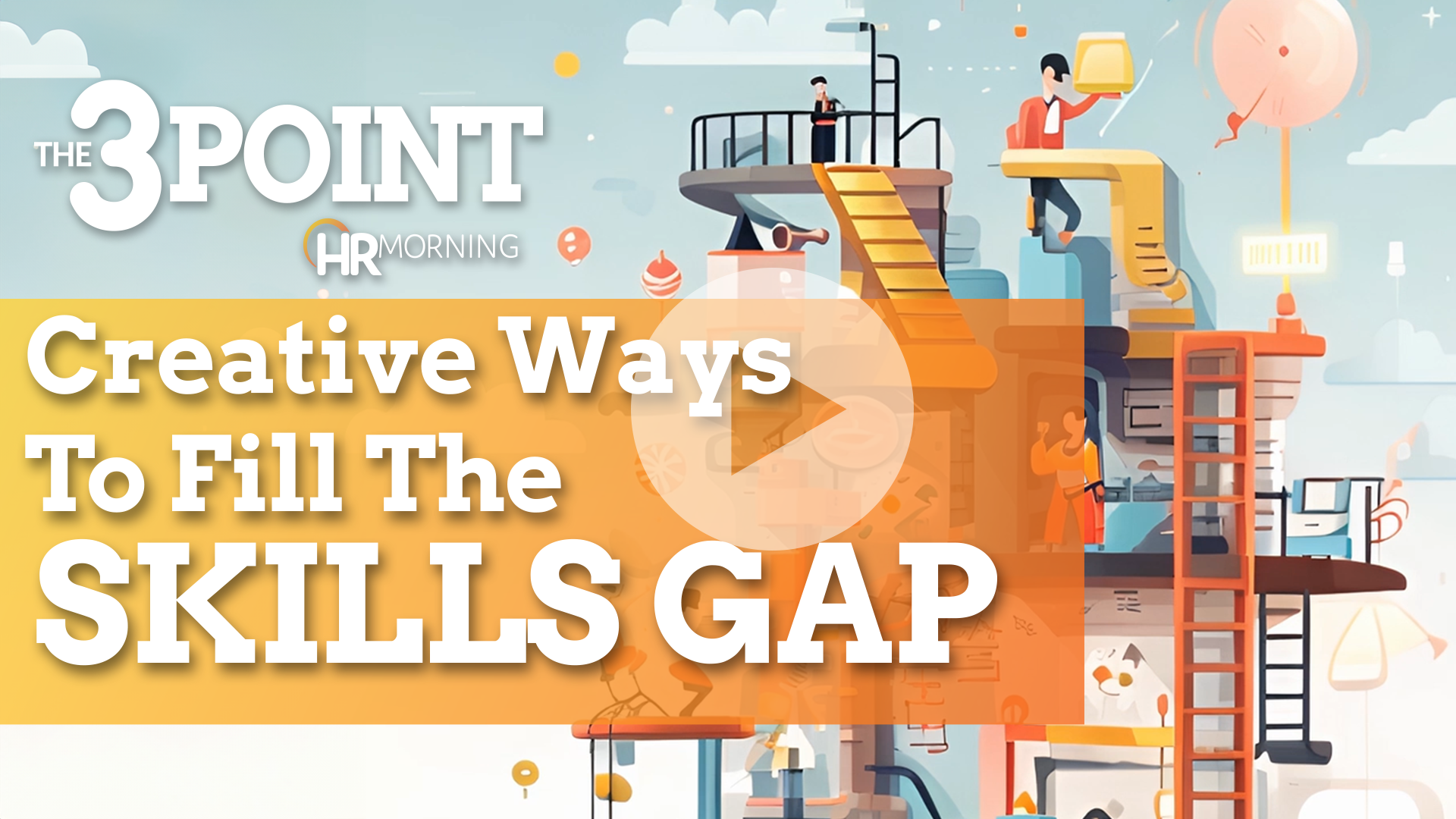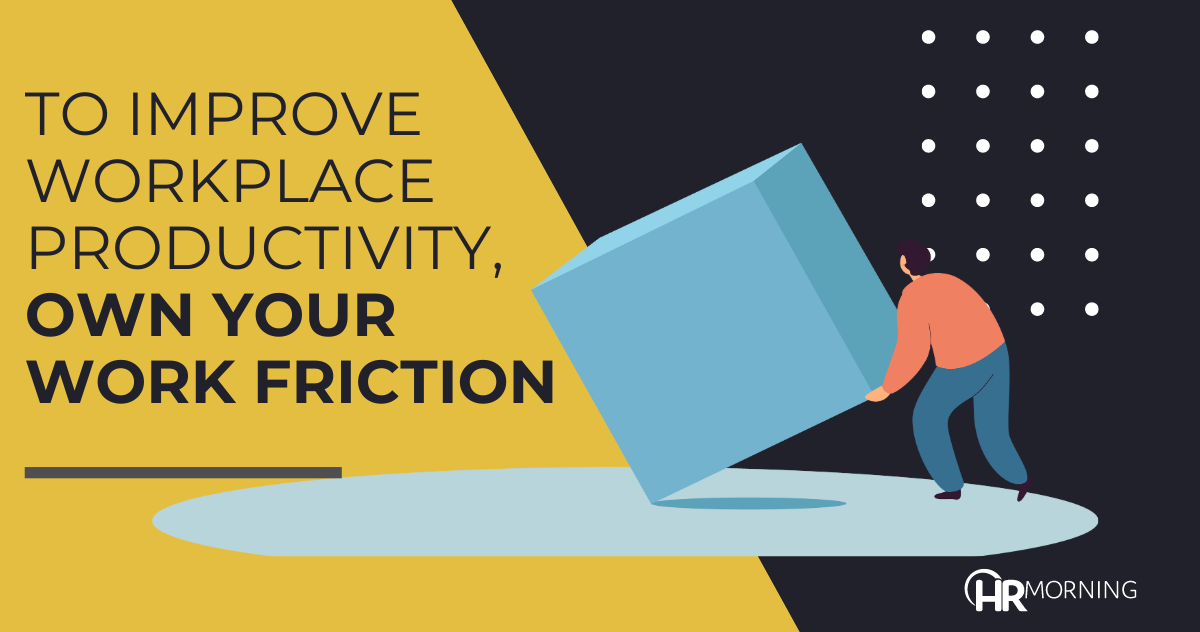How to Crank Up Human Sustainability | 2-Minute Video
Do you take care of employees in the best possible ways, setting them up to succeed and help your organization flourish? You probably try. And there’s a name for the effort: Human Sustainability. It’s important these days because people are important — your employees, contractors, customers and the wider community. How the company connects with…










